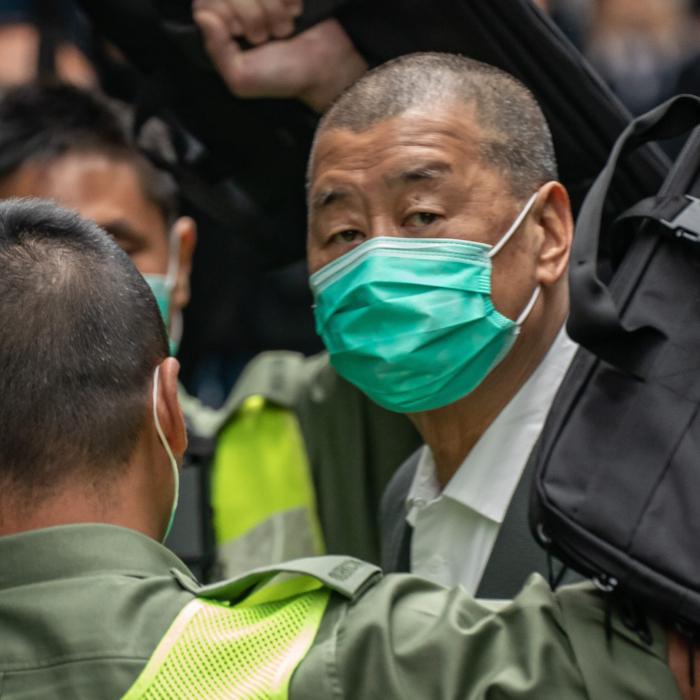Rights groups are renewing calls for Ottawa to support Hong Kong pro-democracy activist Jimmy Lai after the federal government paused a motion to grant him honorary Canadian citizenship last week.
“It is only right—and humane—for the Canadian government to demand that Hong Kong release Jimmy Lai,” said Cheuk Kwan, co-chair of the Toronto Association for Democracy in China. “We were disappointed that the unanimous consent motion to do so was never tabled at the House of Commons last week. It’s time to welcome him ‘home’ if he so wishes.”
Kwan highlighted Lai’s connections to Canada, including both family and financial ties.
Lai, 77, is the founder of Apple Daily, a Hong Kong newspaper that was shut down in 2021. He has been a vocal critic of the Chinese communist regime and a long-time supporter of the pro-democracy movement.
Alex Neve, chair of the Canadian Coalition on Human Rights in China, said the blocking of the motion was a missed opportunity to highlight the importance of human rights at the G7 summit.
“The G7 met at a time of considerable global economic turmoil and conflict, and their agenda was packed,” Neve said in the press release.
Following the decision to put the motion on hold, the office of the Government House Leader told The Epoch Times it has “no comment with regards to this specific case,” but said it does not believe “that serious and substantive foreign policy issues should be decided without any debate.”
A unanimous-consent motion, the type MP Sgro intended to present, allows for a motion to be adopted without debate as long as no member objects.
Sgro said she was “shocked” after being told she could not present the motion, and that the House leader was “clearly very frustrated” about having to deliver the message, as he was aware of the work she had put into the initiative.
The Prime Minister’s Office has not responded to The Epoch Times’ request for comment.
Simone Hanchet, spokesperson for the Raoul Wallenberg Centre for Human Rights, which is among the organizations leading the initiative in support of Lai, told The Epoch Times that efforts to present the motion are ongoing.
“The initiative for honorary citizenship for Jimmy Lai–spearheaded by parliamentarians–continues to enjoy all-party support, with MPs working together to try to find a way to move it forward,” she said.







